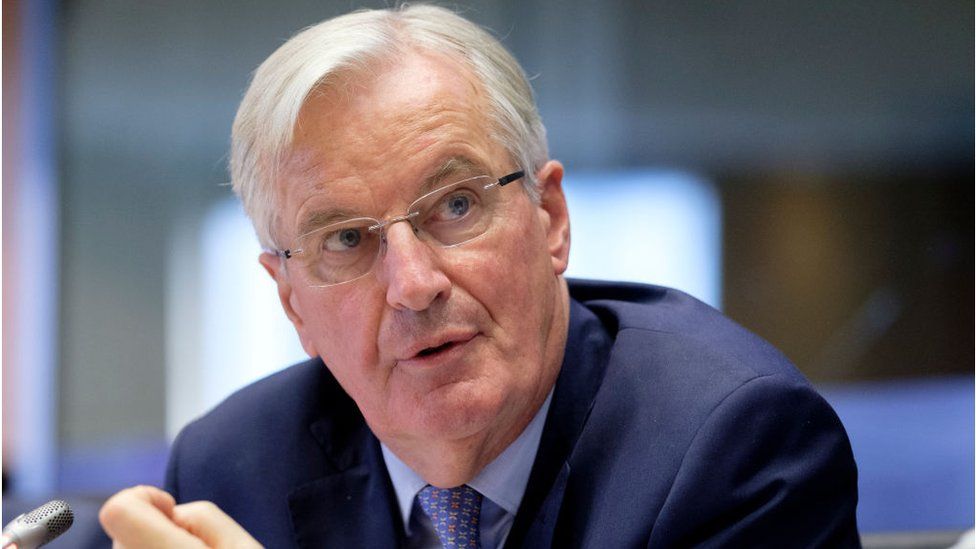The France Prime Minister plays a pivotal role in the governance and political landscape of France. As the head of government, the Prime Minister's responsibilities include overseeing the administration, implementing laws, and managing public policies. In this article, we will explore the duties, significance, and biographical details of the current France Prime Minister, examining their impact on both national and international affairs.
The current France Prime Minister is a figure of great importance, especially in the context of European politics. Understanding their role helps citizens grasp how decisions are made and how leadership influences their daily lives. This article will also shed light on the political structure of France, providing a comprehensive understanding of how the Prime Minister fits into the broader governmental framework.
In the following sections, we will delve into the history of the Prime Minister's office, the qualifications required for this position, and the challenges faced by the current Prime Minister. Additionally, we will provide insights into their background, policies, and future implications for France and its citizens.
Table of Contents
- History of the Prime Minister's Office
- Role and Responsibilities
- Current France Prime Minister
- Biography and Personal Data
- Political Structure of France
- Challenges Faced by the Prime Minister
- Key Policies and Achievements
- Conclusion
History of the Prime Minister's Office
The office of the Prime Minister in France has a rich history dating back to the 20th century. Established under the French Constitution of 1958, the role evolved from earlier forms of governance. Initially, the Prime Minister's authority was confined, but over time, the position has gained significant power and influence.
Key historical milestones include:
- Creation of the Fifth Republic in 1958.
- Expansion of executive powers during the presidency of Charles de Gaulle.
- Modernization of the role in response to European integration and globalization.
Role and Responsibilities
The Prime Minister of France serves as the head of government, responsible for a variety of tasks, including:
- Formulating government policy and ensuring its implementation.
- Coordinating the activities of various ministries.
- Representing the government in the National Assembly.
- Managing public administration and civil service.
Moreover, the Prime Minister plays a crucial role in international relations, often participating in diplomatic discussions and negotiations.
Current France Prime Minister
The current Prime Minister of France is [Name], who took office on [Date]. Their leadership has been characterized by efforts to address various pressing issues, including economic challenges, social reforms, and environmental policies.
Personal Data
| Name | [Name] |
|---|---|
| Date of Birth | [Date] |
| Political Party | [Party] |
| Previous Positions | [Previous Positions] |
Biography and Personal Data
[Name] was born in [Birthplace] and has a background in [Education/Field]. Before becoming Prime Minister, they held various positions in government and public service, which equipped them with the necessary experience for leadership. Their political career began in [Year], and they quickly rose to prominence due to their dedication and effective management skills.
Political Structure of France
France operates under a semi-presidential system, which combines elements of presidential and parliamentary systems. The Prime Minister works closely with the President to govern the nation. The political structure includes:
- The President of France, who represents the state.
- The National Assembly, which passes laws and scrutinizes the government.
- The Senate, which represents local governments.
This structure requires the Prime Minister to maintain a balance of power and collaborate effectively with various branches of government.
Challenges Faced by the Prime Minister
The current Prime Minister faces numerous challenges, including:
- Economic recovery post-COVID-19 pandemic.
- Managing public dissatisfaction and protests.
- Addressing climate change and environmental policies.
These challenges require strategic planning and effective communication to navigate public sentiment and ensure stability.
Key Policies and Achievements
Since taking office, the Prime Minister has introduced several key policies, including:
- Economic stimulus measures to support businesses.
- Social reforms aimed at improving workers' rights.
- Legislation focused on sustainability and renewable energy.
These policies reflect a commitment to progressive governance and addressing contemporary issues facing French citizens.
Conclusion
In conclusion, the role of the France Prime Minister is crucial in shaping the country's future. Through effective leadership, the Prime Minister navigates complex challenges while implementing policies that affect millions of lives. As citizens, it is essential to stay informed about governmental actions and participate in the democratic process.
We encourage readers to share their thoughts in the comments, share this article with others, and continue exploring our website for more informative content.
Thank you for reading! We look forward to seeing you back on our site for more insights and updates on important topics.




